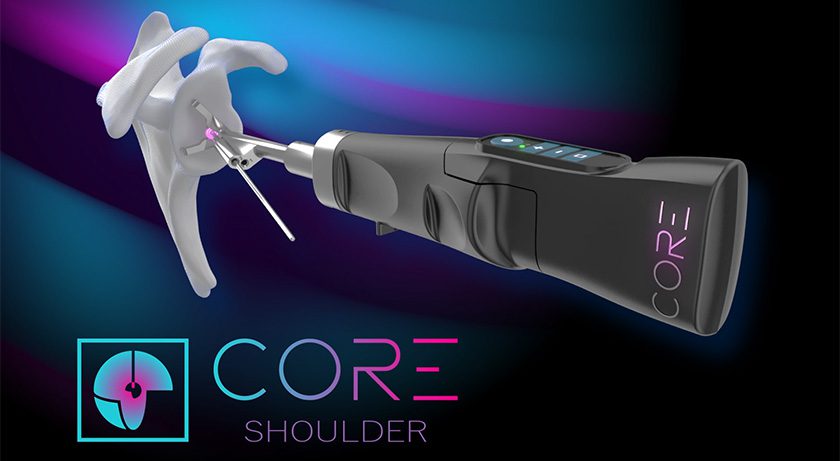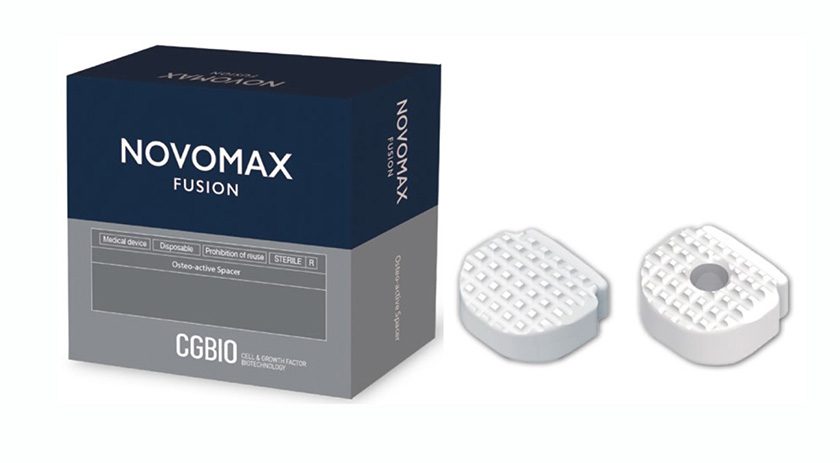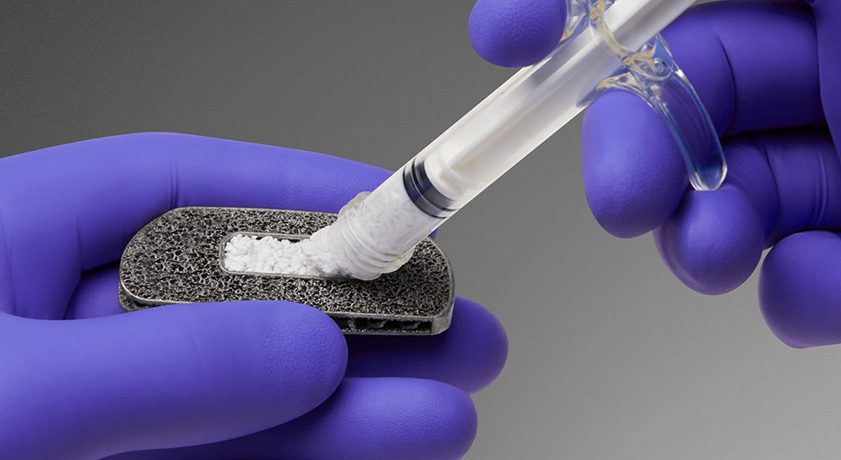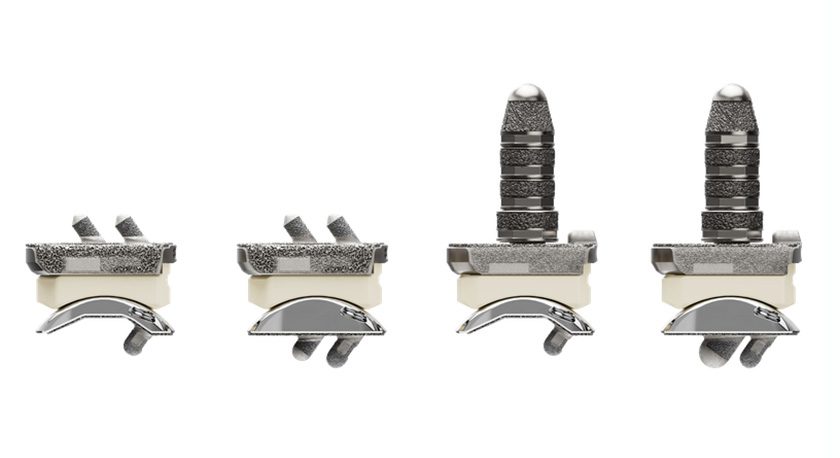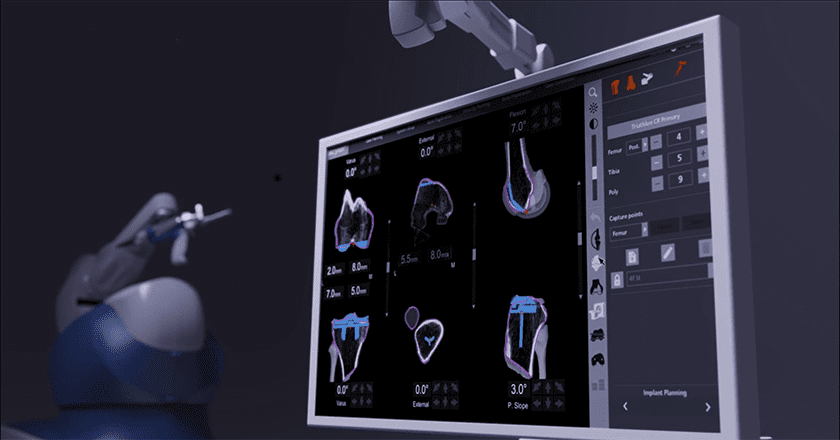

 Copy to clipboard
Copy to clipboard 
Stryker announced today the launch of Mako Total Knee 2.0. Informed by over 500,000 Mako Total Knee procedures, Mako Total Knee 2.0 is designed to deliver the same outcomes that surgeons expect from Mako with a newly elevated user experience.
Mako Total Knee 2.0 introduces a new intuitive design, customizable workflow and other key features, including a digital tensioner that allows surgeons to assess the stability of the knee intraoperatively during a total knee arthroplasty (TKA) without the need for additional instrumentation. Mako Total Knee 2.0 is built on the legacy of Mako SmartRobotics and its three key components – 3D CT-based planning, AccuStop haptic technology and Insightful Data Analytics, which have demonstrated better outcomes for total knee, total hip and partial knee patients, compared to manual surgery.
Today, there are Mako Systems installed across 35 countries, and more than 1 million Mako procedures have been performed worldwide.
With over 3,000 cases to date, Mako Total Knee 2.0 began limited release in August 2022, and will continue to roll out in a phased approach in 2023, beginning in the United States and following with global launch activities in select markets.
“Mako Total Knee 2.0 combines our cutting edge Mako Technology with our clinically proven Triathlon implants to help surgeons deliver enhanced patient outcomes,” said Don Payerle, president of Stryker’s Joint Replacement division. “Over the last six years, we’ve gathered key feedback from our customers and incorporated those findings into the development of Mako Total Knee 2.0 – reflecting our ongoing commitment to our customers and their patients.”
Source: Stryker
Stryker announced today the launch of Mako Total Knee 2.0. Informed by over 500,000 Mako Total Knee procedures, Mako Total Knee 2.0 is designed to deliver the same outcomes that surgeons expect from Mako with a newly elevated user experience.
Mako Total Knee 2.0 introduces a new intuitive design, customizable workflow and other key features,...
Stryker announced today the launch of Mako Total Knee 2.0. Informed by over 500,000 Mako Total Knee procedures, Mako Total Knee 2.0 is designed to deliver the same outcomes that surgeons expect from Mako with a newly elevated user experience.
Mako Total Knee 2.0 introduces a new intuitive design, customizable workflow and other key features, including a digital tensioner that allows surgeons to assess the stability of the knee intraoperatively during a total knee arthroplasty (TKA) without the need for additional instrumentation. Mako Total Knee 2.0 is built on the legacy of Mako SmartRobotics and its three key components – 3D CT-based planning, AccuStop haptic technology and Insightful Data Analytics, which have demonstrated better outcomes for total knee, total hip and partial knee patients, compared to manual surgery.
Today, there are Mako Systems installed across 35 countries, and more than 1 million Mako procedures have been performed worldwide.
With over 3,000 cases to date, Mako Total Knee 2.0 began limited release in August 2022, and will continue to roll out in a phased approach in 2023, beginning in the United States and following with global launch activities in select markets.
“Mako Total Knee 2.0 combines our cutting edge Mako Technology with our clinically proven Triathlon implants to help surgeons deliver enhanced patient outcomes,” said Don Payerle, president of Stryker’s Joint Replacement division. “Over the last six years, we’ve gathered key feedback from our customers and incorporated those findings into the development of Mako Total Knee 2.0 – reflecting our ongoing commitment to our customers and their patients.”
Source: Stryker

You are out of free articles for this month
Subscribe as a Guest for $0 and unlock a total of 5 articles per month.
You are out of five articles for this month
Subscribe as an Executive Member for access to unlimited articles, THE ORTHOPAEDIC INDUSTRY ANNUAL REPORT and more.
JV
Julie Vetalice is ORTHOWORLD's Editorial Assistant. She has covered the orthopedic industry for over 20 years, having joined the company in 1999.



